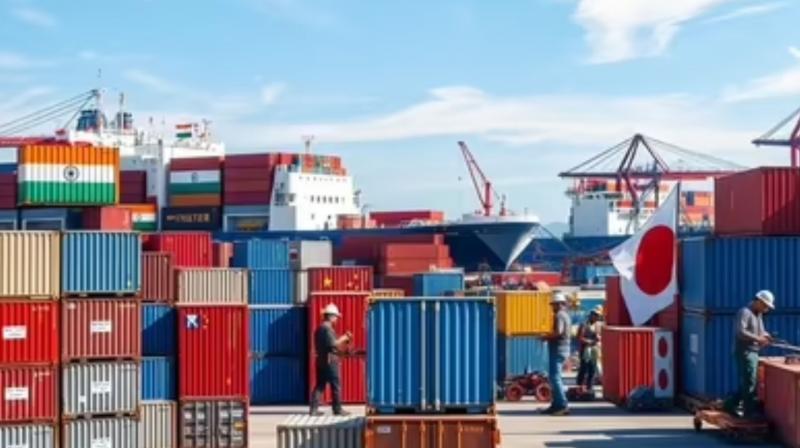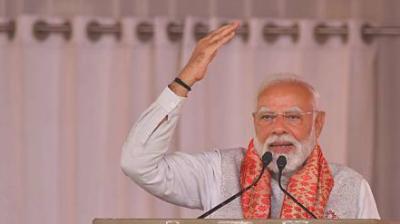
It aims to ensure that any action taken complies with the rules of the World Trade Organization (WTO).
Opinion: The Indian government has ordered an investigation into the unusual surge in imports of certain items during the month of June. According to media reports, at least 14 products are under the scope of this investigation. These include certain chemicals, steel tubes, various types of glass and glassware, jute products, and different kinds of cardboard.
None of these items are such that they cannot be manufactured in India, nor are they so essential that unrestricted imports are justified. Moreover, these imports are also increasing from countries like Malaysia, Indonesia, the Philippines, Thailand, Nepal, and Bangladesh. This raises legitimate suspicion that foreign goods are being dumped into Indian markets by taking advantage of India's Free Trade Agreements (FTAs) with these nations.
Such dumping is highly detrimental to Indian industries and industrialization. In this case, suspicion primarily points to China, and there are clear reasons for this. However, before taking any serious legal action, the Indian government wants to verify its suspicions. It aims to ensure that any action taken complies with the rules of the World Trade Organization (WTO).
The key reason behind India’s suspicion lies in China’s trade data. In May, the United States, under the Trump administration, imposed an additional 25% tariff on Chinese goods. This resulted in a 35% drop in Chinese exports to the U.S., which is China’s largest export market.
Despite this sharp decline, the overall value of China’s exports in June did not fall; in fact, it rose by 4%. This is surprising. Simultaneously, imports from China by ASEAN (Association of Southeast Asian Nations) member countries have increased significantly.
India has a Free Trade Agreement with ASEAN, meaning that goods traded between India and ASEAN nations face minimal tariffs and trade barriers. As a result, Indian trade bodies and the Commerce Ministry suspect that China may be rerouting goods originally intended for the U.S. market to India through ASEAN countries at lower prices. However, this is not the first time China has been accused of dumping goods in India. The issue has been raised by India at least five times in the past three years.
Currently, China is India’s largest trading partner—even surpassing the United States. The list of products imported from China is extensive. According to the Commerce Ministry, India imports more than 1,400 different products from China. Reading this list, one might feel as though India has ceased manufacturing many of its own goods.
In contrast, the number of products exported from India to China is just a tenth of what India imports. As a result, the annual trade deficit between the two countries reached a staggering $99.2 billion in 2024–25. India's efforts to reduce this trade imbalance have, so far, been largely ineffective. This shortfall has formed the basis of criticism from Congress leader Rahul Gandhi, who has accused Prime Minister Modi’s government of compromising national interests.
Additionally, China has secured mining rights for several rare and valuable metals and minerals through long-standing agreements with poor African and Latin American nations. It is now fully exploiting this monopoly. For instance, the lithium batteries essential to India’s electric vehicle (EV) industry are not being produced in sufficient quantities domestically due to Chinese control over raw materials.
A similar situation exists in the semiconductor industry. Meanwhile, non-essential Chinese items like glassware and flower pots continue to flood Indian markets—despite the fact that these are already being produced locally. These low-cost Chinese imports are hurting India’s domestic manufacturing sector.
In such a scenario, it is the government's duty to discourage unnecessary imports from China and also take action under anti-dumping laws against ASEAN countries being used as conduits. This is crucial to the success of the ‘Make in India’ initiative.














